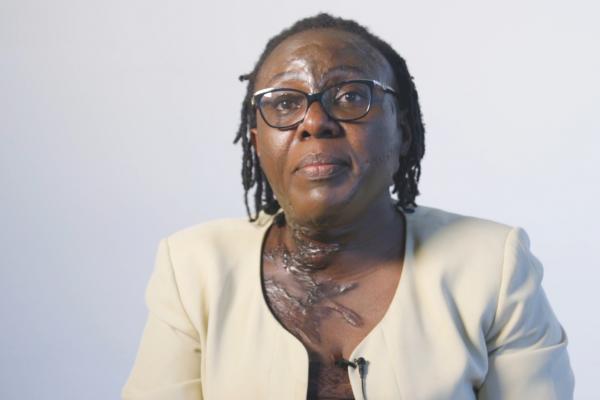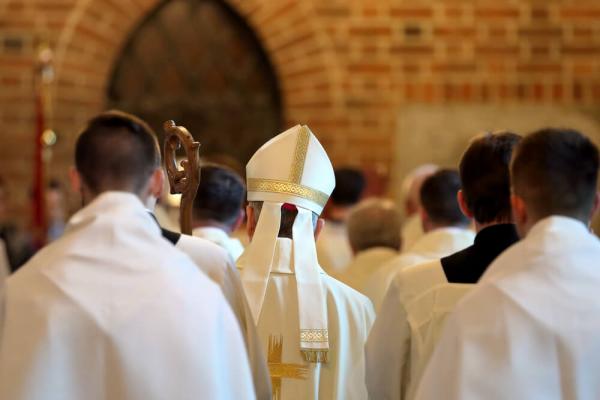Quebec’s ‘Secularism’ Bill, the Emanuel Nine, Democrats debate reparations, the new U.S. Poet Laureate, and more!
We don’t know what disability justice is because we haven’t begun to reckon with our history of injustice.
In May, Gordon College announced it would no longer have a history major as a result of its restructuring. Two months earlier, Wheeling Jesuit University reduced their programs down to eight, eliminating non-professional programs and even theology. These are just two recent responses to the economic challenges currently facing nearly all Christian institutions of higher learning. Across the country, as small religious schools are in a struggle for survival, they are cutting programs and closing their doors. The distress beacon for Christian higher education is currently blinking.
Trump is fighting the battle on two fronts, trying to stop migrants from coming in the first place and deporting those who have been released into the United States.
I remember the first mission trip that I went on. My youth group spent a week in New Orleans helping a local missionary group run a Vacation Bible School for neighborhood kids. Our objective, we were told, was simple: bring Jesus to a place where he was desperately needed but was often rejected. The implication that I drew, at 15 years old, was that the poverty and the street-side memorials for victims of gun violence I was seeing, and the seeming absence of almost any man over 30, existed because this community had rejected Jesus. If only Jesus were in their hearts, everything would be different.
"The reactions are full spectrum from shock to upset to being angry, but not angry at what I'm doing, angry at the stark fact that this could be a reality," the artist, who does not reveal his real name, said in an interview on Monday.
The bishops hope that these new policies will prove powerful and effective in nationalizing and systematizing structures already in place. Advocates don’t trust the Church, especially when there is no required lay involvement in the reporting process.








